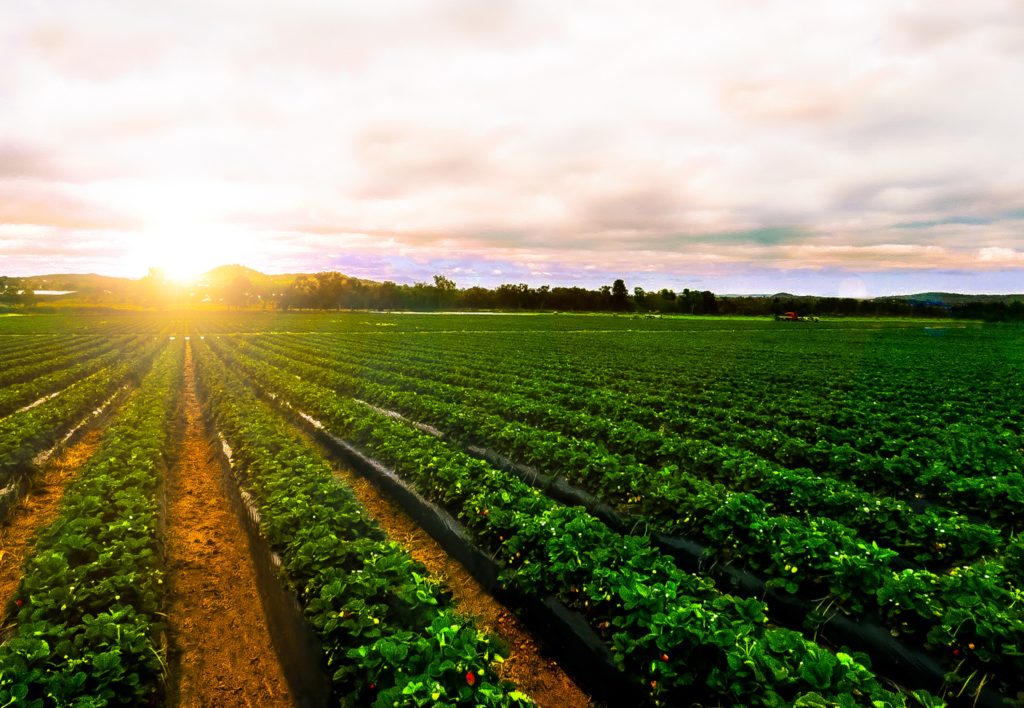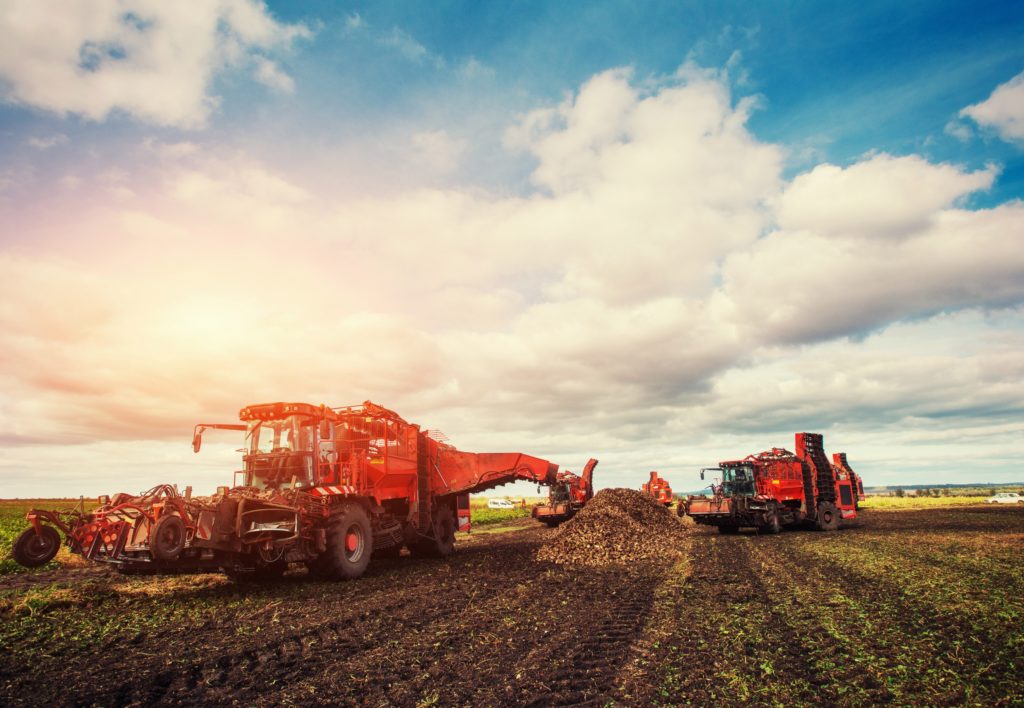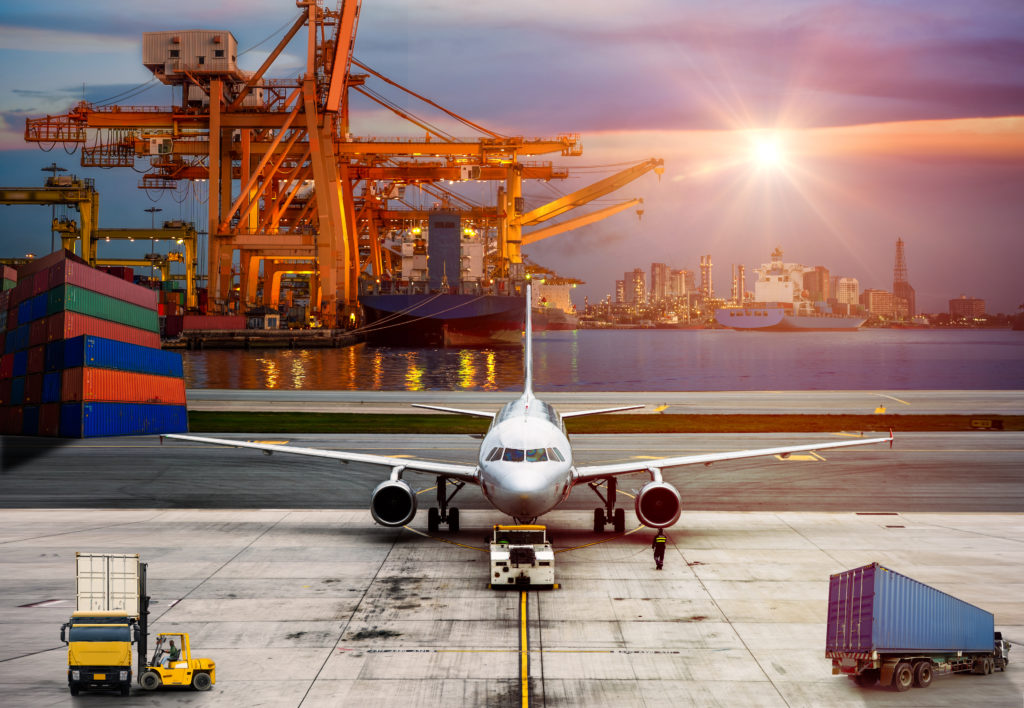Agricultural Safeguards and USDA Licensing
Agricultural Safeguards and USDA Licensing
Agricultural Safeguards
Agricultural safeguards are the additional duties provided for in Heading 9904 of the HTSUS that are associated with over-quota (high) duty rate provisions. In order for the quota to be properly reported, the Heading 9904 provision must be matched with an appropriate Chapter 1-97 provision.
What are the different types of agricultural safeguards?
Agricultural safeguards are divided into two mutually exclusive types: value-based and quantity-based.
Value-based safeguards (determined by the unit value of the goods) are the normal course of business unless CBP is directed by the Secretary of Agriculture that the quantity-based safeguards are to be used due to analysis of market activity. CBP's programming is set up to accommodate the type of safeguard currently in place and disallow the use of the non-active type. Should CBP receive instructions to activate the quantity-based safeguards, HQ Quota issues a notice to the field and trade as well as adjusts programming associated with quota reporting.
In-Depth Coverage: USDA-Regulated Products
- Importing USDA-Regulated Food Products
- Import Regulation by USDA Agricultural Marketing Service (AMS)
- Food Products – FDA or USDA Regulated
- Country of Origin Labeling
- Importing Animals, Animal Products, and Biologics into the US
- Importing Meat, Poultry, and Egg Products into the US
- Labeling and Marking of Imported Meat, Poultry, and Egg Products
- USDA National Organic Program (NOP)
- Agricultural Safeguards and USDA Licensing
Are commodities from all countries subject to agricultural safeguard duties?
No; if the merchandise originates from a country with which the U.S. has a free trade agreement or other special programs that exempt the goods from agricultural safeguard duties, a Heading 9904 provision is not required. Programming is in place to accommodate these exemptions when the quota is reported.
Currently, the exempted countries are Australia, Bahrain, Canada, Chile, Costa Rica, Dominican Republic, El Salvador, Guatemala, Honduras, Jordan, Morocco, Mexico, Nicaragua, Oman, Peru, and Singapore.
Refer to U.S. Notes 1 and 2 to Subchapter IV, Chapter 99 of the HTSUS for the most recent list of exempted countries and further information.
Note: While the U.S. has an agreement covering certain agricultural products from Israel, this legislation does not provide for an exemption from the agricultural safeguard duties.
In-Depth Coverage: Marketing and Advertising Compliance
- Federal Trade Commission (FTC) Advertising Rules
- Made in USA Standard
- FTC Regulation on Environmental Claims
- Adverting and Marketing on the Internet
- Label Claims for Conventional Foods and Dietary Supplements
- Dietary Supplement Advertising: What is FTC's Truth-in-Advertising Law?
- USDA Country of Origin Labeling (COOL)
- FTC Rules & Regulations on Food Advertisement
General Note 15
What is General Note (GN) 15 and why is it important to quota administration?
GN 15 of the HTSUS exempts agricultural products from quota restrictions that would normally be reported as subject to a tariff-rate quota. However, these commodities are exempted from quota restrictions only under certain circumstances.
What are the most common circumstances where the use of GN 15 is acceptable?
The exemption under GN 15 applies to:
- Products imported by or for the account of any agency of the U.S. Government;
- Products imported for the personal use of the importer, provided that the net quantity of such product in any one shipment does not exceed 5 kilograms;
- Products which will not enter the commerce of the United State, imported as samples for taking orders, for exhibition, display or sampling at a trade fair, for research, for use by embassies of foreign governments or for testing of equipment, provided that written approval of the Secretary of Agriculture (USDA) is presented at the time of entry;
- Certain blended syrups; and
- Certain cotton.
In-Depth Coverage: Food Import Requirements
- What is FDA Food Safety Modernization Act (FSMA)?
- Prior Notice of Imported Foods
- FDA Food Facility Registration
- Risk-Based Preventive Controls for Human Food
- Risk-Based Preventive Control for Animal Food
- Protect Food against Intentional Adulteration
- What is Foreign Supplier Verification Program (FSVP)?
- What is FSMA Produce Safety Rule?
USDA Licensing
What is the purpose of agricultural licensing?
The U.S. Department of Agriculture (USDA) uses the agricultural import licensing program as a tool for quota administration. A license is required to obtain a lower duty rate for most dairy products such as milk and cheese that are subject to a TRQ.
Read more: USDA Dairy Import Licensing Program
What are the basic guidelines for the USDA agricultural licensing program?
Licenses have specific limitations. They identify key information such as the product, country of origin, and maximum quantity allowed to be imported under that license. Importers cannot import different products or larger quantities than what they are licensed to import.
In order to qualify for a license, an applicant must meet specific guidelines. For example, they must be a U.S. company. Eligibility is also determined by the applicant's import history (number of shipments, quantity) during the past year. Applications are submitted in the autumn. Licenses are issued in late December and are good for the entire year.
If the importer does not have an agricultural license, may the goods still be imported?
Yes; merchandise subject to USDA import licensing may be entered without the license, however, the merchandise must be classified under an HTSUS provision associated with the over-quota (high) duty rate.
Import licensing is one of the tools USDA uses to administer the tariff-rate quota (TRQ) system for U.S. imports of dairy products. For dairy products subject to TRQs, a license from FAS is generally required to import items at the low-tier tariff rate. Individuals must apply annually for a license between Sept. 1 and Oct. 15.
Under these TRQs, a low tariff rate, called the low-tier rate, applies to imports up to a specified quantity. A higher tariff rate, called the high-tier rate, applies to any imports in excess of that amount.
TRQs replaced Section 22 import quotas for dairy products on Jan. 1, 1995, as a result of the Uruguay Round Agreement. High-tier tariff rates were reduced by 15 percent in the six years after the agreement's implementation in 1995, while quantities subject to low-tier rates were increased gradually over that same period. TRQ rates and quantities vary by product.
No license is required to import products at the high-tier rate, to import products for an agency of the U.S. government, or to import products for personal use, as long as the net weight does not exceed 5 kilograms (11 pounds) in any one shipment.
In-Depth Coverage: Customs Valuation
- Importing USDA-Regulated Food Products
- Import Regulation by USDA Agricultural Marketing Service (AMS)
- Food Products – FDA or USDA Regulated
- Country of Origin Labeling
- Importing Animals, Animal Products, and Biologics into the US
- Importing Meat, Poultry, and Egg Products into the US
- Labeling and Marking of Imported Meat, Poultry, and Egg Products
- USDA National Organic Program (NOP)
- Agricultural Safeguards and USDA Licensing
Customs Clearance and Import Requirements
- Entry of Imported Merchandise
- What is Section 321 Entry?
- What is Automated Commercial Environment (ACE)
- What is an Automated Broker Interface (ABI)?
- Who is Ultimate Consignee?
- What is Non-Resident Importer Program?
- Country of Origin of Imported Merchandise
- What is the Country of Assembly?
- What is the FDA's Country of Manufacture?
- Marking of Country of Origin on U.S. Imports
- What is Customs Bond?
- Reconciliation Prototype and Bond Rider
- Who Needs a Customs Broker?
- What is Customs Ruling Program?
- Classification of Imported Goods
- How is imported merchandise appraised?
- What are Import Quotas?
- What are Trade Remedy Duties?
- Antidumping Duty (AD) and Countervailing Duty (CVD)
- What is Foreign Trade Zone (FTZ)?
- What is Importer Security Filing (ISF)?
- What is Temporary Importation under Bond (TIB)
- What is In-Bond Process?
FDA-Regulated Products and Import Requirements
- What is Food Safety Modernization Act (FSMA)?
- Prior Notice of Imported Foods
- Food Facility Registration
- Risk-Based Preventive Controls for Human Food
- Risk-Based Preventive Control for Animal Food
- Standards for the Growing, Harvesting, Packing, and Holding of Produce for Human Consumption
- What is Foreign Supplier Verification Program (FSVP)?
- Protect Food against Intentional Adulteration
- FDA Regulated Product in Foreign Trade Zone (FTZ)
- Entry Review Process for FDA Regulated Products
- Country of Origin VS Country of Manufacture
- Foods Regulated by FDA or USDA: What is the Difference?
- Label and Labeling Claims for Conventional Food and Dietary Supplements
- What is USDA Country of Origin Labeling (COOL)?
- Import for Export of FDA Regulated Products
- FDA Regulated Products in Personal Baggage or Sending by Mail or Courier
- International Mail Facility (IMF) and FDA Regulation
- Importing Biological Product Regulated by CBER
- Importing Cosmetics and Voluntary Cosmetic Registration Program (VCRP)
- Importing Drugs into the U.S.
- Importing OTC Drugs into the U.S.
- Importing Veterinary Drugs into the U.S.
- Importing Tobacco Products into the U.S.
- Importing Medical Devices into the U.S
- Importing Food Products into he U.S.
- Importing Radiation-Emitting Products into the U.S.
Quick Link To U.S. Customs & Import Requirements
Guidance on customs & logistics solution for traditional and e-commerce importers and exporters
Importer Security Filing (ISF)
An ISF is required when cargo (ocean only) laden on vessel at a foreign port is destined for shipment to the U.S. Under ISF rule, some importing information and idetails regarding cargo must be transmitted to the CBP at least 24 hours before goods are loaded onto the vessel.
Customs Clearance
All goods imported into the U.S. are required to be declared to CBP. Our customs broker will help you stay in compliance with customs laws and regulations and clear your goods quickly and efficiently with our electronic Automated Commercial Environment (ACE) and Automated Broker Interface (ABI) Single Window System.
Freight Forwarding
Looking for a freight forwarding partner? To move your cargo from its current location through customs to its final destination we will partner with you to find the best way for your business. Whatever your transportation, logistics or customs clearance needs, we will do our best to customize a solution for your needs.
Warehousing & Distribution
Our warehouse facility offers great potential for serving as a regional hub with over 145,000 SF storage capacity close to Los Angeles Airport & Los Angeles/Long Beach Sea port. With our extensive experience in freight services, your import/export cargo will be handled quickly and effectively.
Section 321 Entry
Section 321 entry allows importing free of duty and tax for shipments imported by one person on one day having a fair retail value in the country of shipment not more than $800. We provide our resident and non-resident clients with dedicated ACE eManifest solutions for Section 321 entry of all modes of transportation.
Non-resident Importer Program
If you want to sell your products in U.S. marketplaces, but you are a business owner located outside of the U.S. and do not have an entity or presence in the U.S., you need to be established as a Foreign Importer of Record before your products can be imported into the U.S. We can help you.
E-Commerce
The Internet has made it easy to find and purchase items from almost anywhere in the world. Our e-commerce experts will help you find the right solution for your international transportation, customs clearance, and delivery to your final destination. We also provide value-added repackaging, warehousing and distribution services.























